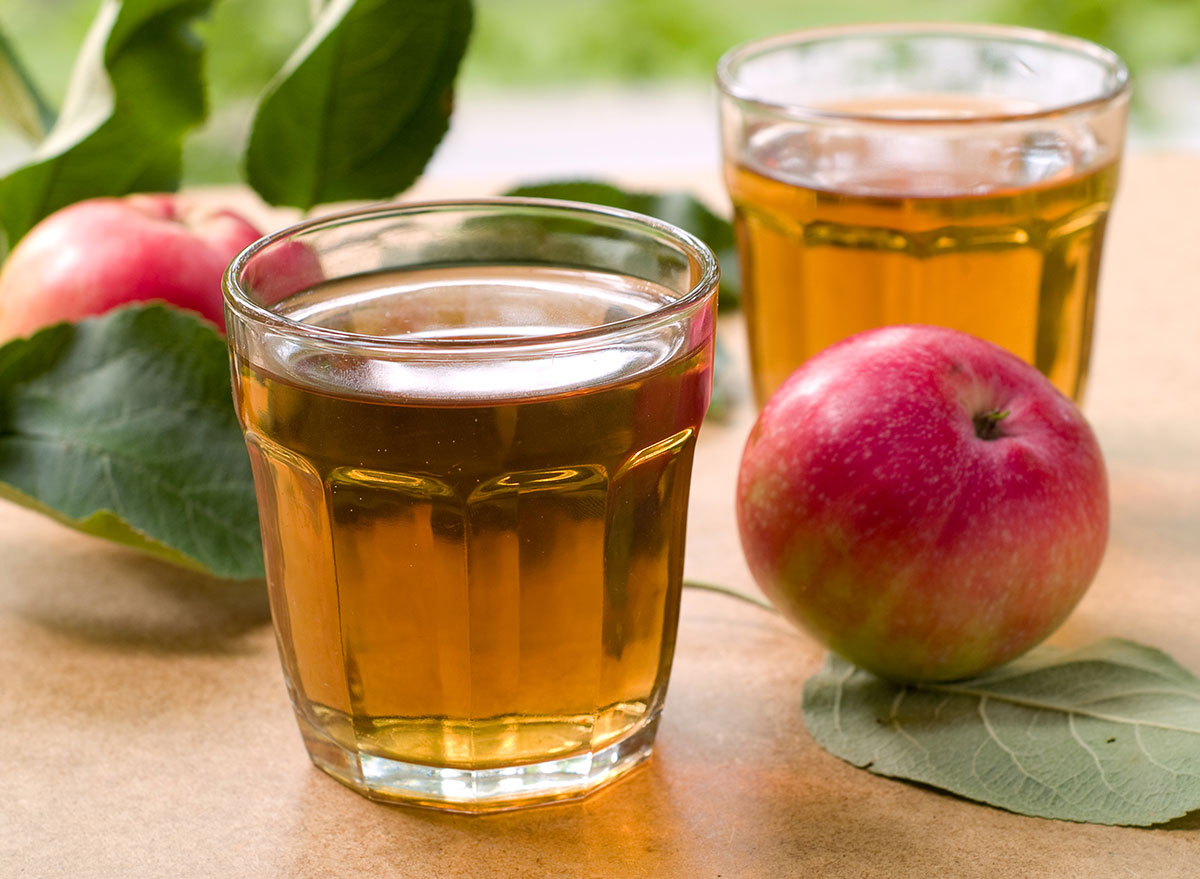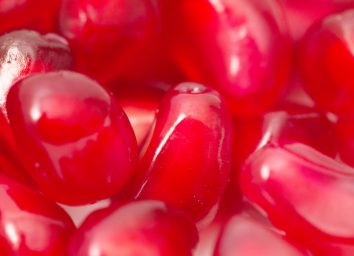The Verdict on How Healthy Fruit Juice Actually Is, Says New Study

The juice section of the grocery store can feel like a puzzling place. To start, you've heard that the vitamins and antioxidants in some fruit juices are good for you—but then again, what about all that sugar inside the container? Findings from a new study can help you differentiate between fruit juice that's healthy, versus what's not. Here's the one thing a group of medical researchers suggest you should watch out for in the juice aisle.
A team of biology and physiology scientists in Portugal set out to research the role of fruit juice sugars in causing weight gain, oxidative stress (which may lead to inflammation and ultimately, disease) and high levels of blood sugar in normal and diabetic rats. They used two types of beverages—real fruit juice and a sugary solution with similar sugar content as the juice—to measure their effects on both groups of rats over a four-week period.
RELATED: 15 Underrated Weight Loss Tips That Actually Work
The scientists discovered that among both groups, a single serving of the sugary solution produced higher blood sugar than even freely consumed amounts of the real fruit juice, and also reduced the body's capacity to absorb antioxidants. (Interestingly, the single serving of the sugar solution did not seem to significantly affect body weight or oxidative stress.)
However, when the rats were allowed to consume the sugary solution freely, the scientists concluded that the sugar drink "impaired energy balance regulation, leading to higher caloric intake . . . as well as weight gain, fasting hyperglycemia, insulin intolerance and impaired oxidative stress."

This may suggest that when you're shopping for juice, it's important to scan the nutrition facts for the term Added Sugars. Ideally, that figure should be zero. Preparing your own juice at home straight from fresh fruit may be another healthier choice.
No matter what type of juice you pour, Margie Wesdock, RD, LDN, CDCES, a registered dietitian at Johns Hopkins Bayview Medical Center, offers another key for drinking juice wisely: Be mindful of the amount. "I would recommend limiting juice to eight ounces per day due to the high calorie content," Wesdock told Eat This, Not That!
Sign up for our newsletter for fresh wellness news delivered daily, and get more here:








